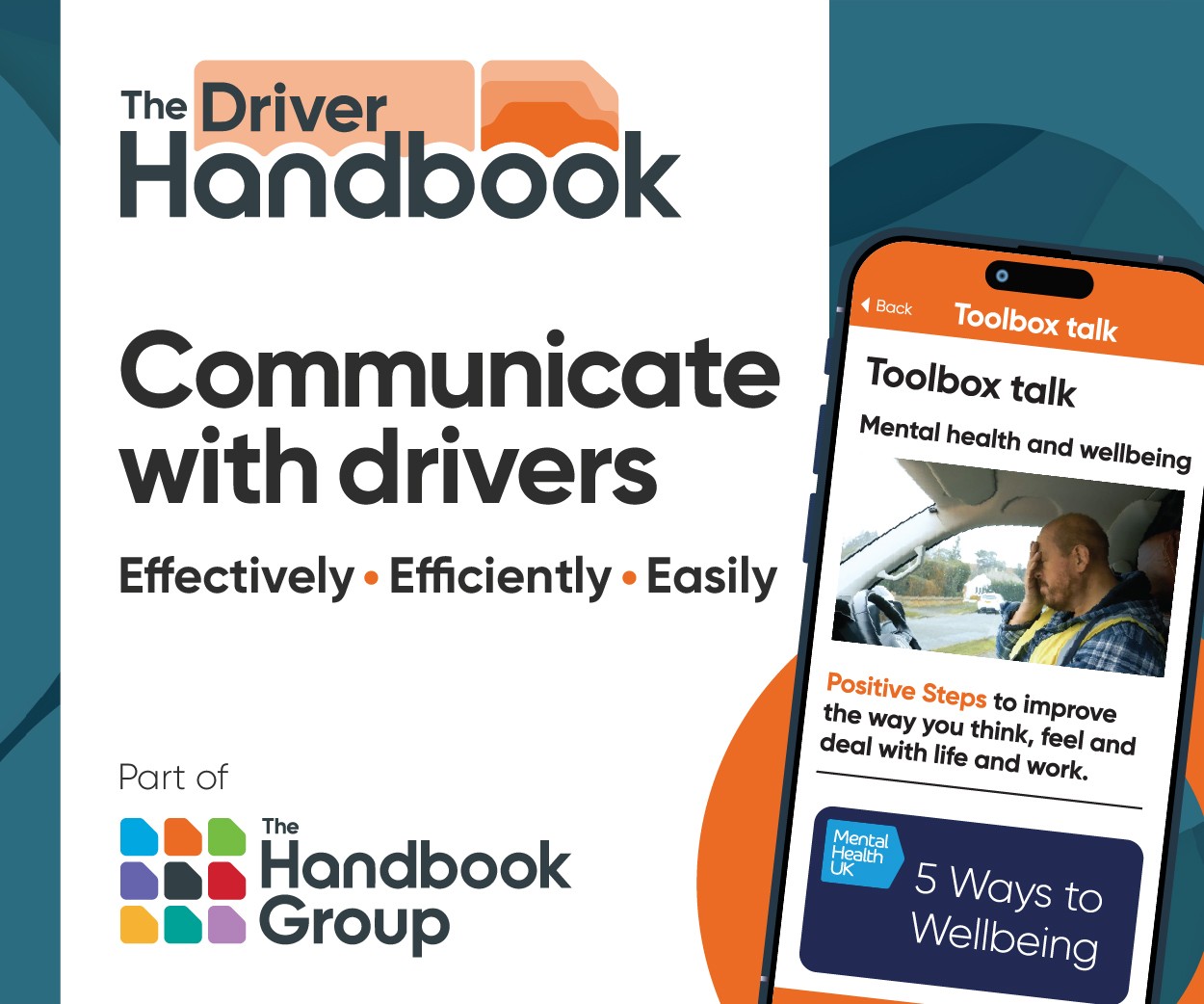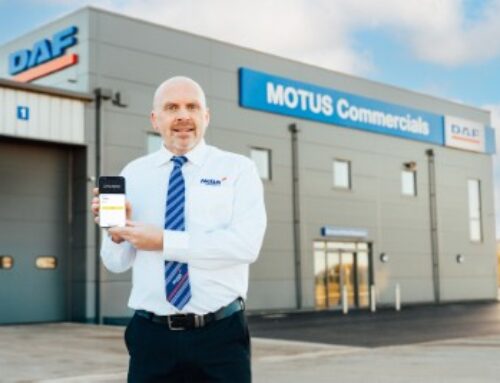DfBB highlights importance of driver drug screening
 Driving for Better Business (DfBB), the free-to-access business engagement scheme from National Highways, has emphasised the benefits for fleet operators of deploying effective drug screening programmes.
Driving for Better Business (DfBB), the free-to-access business engagement scheme from National Highways, has emphasised the benefits for fleet operators of deploying effective drug screening programmes.
“A report published by the National Police Chiefs Council (NPCC), advised that there are substantially more drug drivers on our roads than drink drivers,” observed DfBB.
“A coordinated police campaign over Christmas last year saw an 18 per cent rise in arrests with 6,130 drivers caught compared with 5,186 during the same period 2 years before. Drug driving has overtaken drink driving, with an average of 80 motorists per day caught unfit to drive through drugs.
“Operators of commercial vehicles, company cars, vans, HGVs and coaches are particularly at risk because in some parts of the UK, over half of those caught drug driving are driving to work or for work…
“With drug taking having become so prevalent within our society, and considering your legal responsibilities as a driver manager, addressing the challenge now outweighs the risks of ignoring it.”
DfBB underlined the importance of having the right driving for work policies, procedures and protections in place, and advised on six key aspects to consider when implementing a drug screening solution.
“Ensure the drug screening device provides quick, efficient, and reliable results. Look for a device that produces a result in around five minutes, as this will help you avoid a lengthy and potentially costly process,” it said.
“Ideally, your drug screening method should be portable, as this allows practical screening both on or off site, at short notice or at the roadside, without the restrictions of a reader. This will also ensure flexibility for your organisation when carrying out pre-employment screening, random screening, and post-incident investigations.
“Preserving the dignity of your employees is important when it comes to choosing a drug screening device. You should look for a solution that is able to obtain a sample quickly and is both non-invasive and non-intrusive.
“It is imperative that your chosen drug screening device obtains a sample from areas of the body which have reduced risk of contamination, in comparison to areas such as the hands, which have more risk of coming into contact with traces of substances.
“Consider looking for an organisation which has Home Office Type Approval for drug testing to guarantee credibility.
“Ensure your chosen drug screening device is able to accurately screen for the UK’s five most prevalent drugs – these are: cannabis, cocaine, amphetamines, meth amphetamines and opiates.”
DfBB added: “If you are looking to implement drug and alcohol screening as part of your driving for work policy within your organisation, but are unsure of where to start, some of our Driving for Better Business Partners, which include drug and alcohol screening specialist D.tec International, can advise on policy development and implementation.
“To help you understand what you need to include in your driving for work policy, Driving for Better Business has a podcast on drug screening and drug driving at work.”













